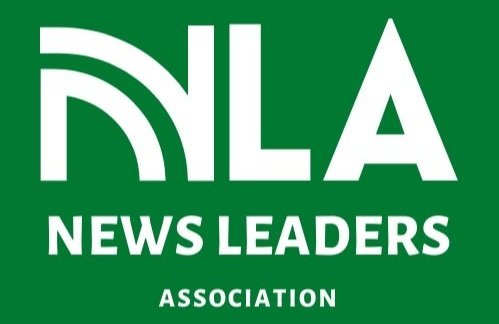State seeks to board up Sunshine Law window
By JACK “MILES” VENTIMIGLIA
Editor, The Richmond News and Excelsior Springs Standard
Missourians in 1973 could have felt secure that the then-newly approved state Sunshine Law made public records and meetings easy to access, but today’s lawmakers often bare hairy assertions of ignorance if not outright contempt for the Sunshine Law.
I began my journalism career in Illinois, a point that I will make relevant to my Missouri experience. I traveled to Springfield, Illinois, to testify for a Shield Law amendment pending before the Senate. I knew first-hand the feeling of being threatened with jail time for refusing to reveal the source for a story I had written as The Granite City Press-Record/Journal’s editor.
I sweated the real threat of jail time. I had a wife and a new baby to support in a new house. I had also reported on people who had been jailed for crimes, including murder, and I did not want to visit with them as they awaited trial.
Increasing my anxiety, just a few months before my predicament started, a St. Clair County Board chairman and future U.S. House member, Jerry Costello, caused Belleville (Illinois) News-Democrat reporter Richard Hargraves to go to the county jail for three days in a civil libel case. Hargraves had refused to reveal the source for a butt-kicking editorial that labeled Costello a liar.
My story revealed information Granite City Steel wanted to keep quiet. Because I would not reveal my key source, I knew what happened to Hargraves could happen to me – the company pressed their threat to have me jailed. Fortunately, my story’s source, City Clerk Bob Stevens, did what Hargraves’ source did – Stevens ended the episode by stepping forward to reveal himself. Bless his memory.
If a shield law had existed in Illinois before my run-in with Granite City Steel’s lawyers, then they still could have used jail time to pressure me to reveal the source. But not so easily. A shield law makes this difference – “all other available sources of information” must be exhausted before a lawyer can try to pressure a reporter to reveal a source.
Why should a reporter have such protection? Some people will not disclose wrongdoing in politics, in big business or anywhere else if not promised anonymity. Even so, a reporter is obligated ethically – and doing so makes sense from a legal standpoint, too – to assure the accuracy of “leaked” information by hunting for supporting documents and sources before publication, as I did then and have done twice since the start of this year.
Long after my eight-year stint in Illinois, I edited The Warrensburg (Missouri) Daily Star-Journal. At the time, the Missouri Press Association urged state lawmakers to pass a shield law. Knowing how Illinois lawmakers embraced that need, I expected no less in Missouri. I asked then-Attorney Gen. Chris Koster, as the state’s top law enforcer, for support. Koster shrugged off my in-person request. He did so again when someone asked for his support at another venue – the Missouri School of Journalism’s 100th anniversary celebration in 2008.
Koster’s refusal marked the first time I realized the Jefferson City crowd had fallen out of love with the Sunshine Law and wanted a separation – maybe a divorce.
The Sunshine Law and newspapers in general have been attacked repeatedly and at all levels in the 14 years or so since I talked with Koster. From Trump and his “lying media” comments to school board members who rant when reading revelations about their hiring practices, criticism has been widespread. More than that, records have been closed, the list of legal notices that require publication by non-government sources has narrowed and civil penalties are a joke – from $1,000 to $5,000 – which is rarely paid and does little to encourage compliance.
Last year, the Missouri House voted 154-1 for a bill that would have limited access to public records. Gov. Mike Parson vetoed the bill, but not heroically, as he had been redacting public records and charging high fees to get them, The Columbia Missourian reported. Parson vetoed the bill only because the state Supreme Court ruled local governments cannot charge newspapers for the time a city council, for example, pays a lawyer to review a public records request.
This year, Parson wants enabling legislation to allow charging for the use of lawyers. Rep. Bruce DeGroot, R-Ellisville, is the bill’s pusher. At $300, $100 or just $50 an hour for a review by a lawyer, many small newspapers and individuals could not afford to request records.
If public information must be, in effect, bought, then how a city council voted behind close doors on such issues as raising taxes, hiring relatives and friends, and construction would be accessible only to people who could afford to “pay to play.”
As we celebrate – or perhaps contemplate mourning – Sunshine Week, there should be concern that too many “leaders” such as Parson and DeGroot in Missouri, and others across the nation, focus less on opening the blinds to provide a look through the windows of government than on nailing them shut.
